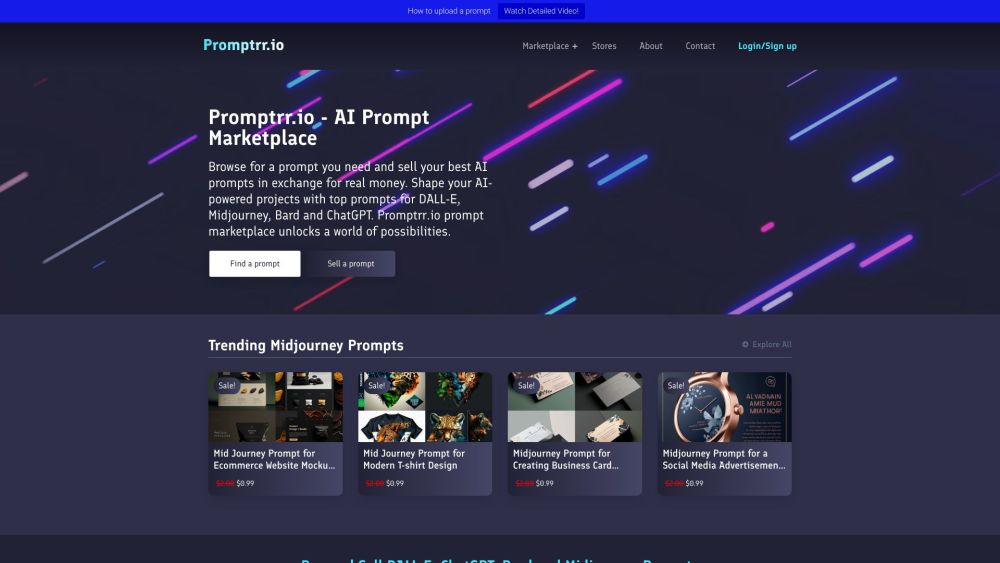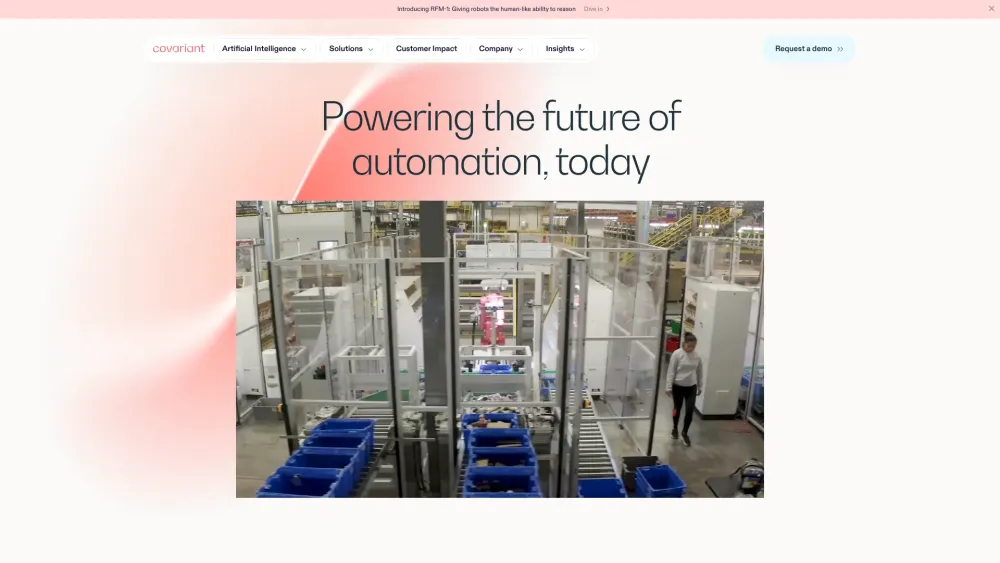Everyone has envisioned their ideal home at some point. Imagine this: after a long, tiring day at work, you return home only to find that your air conditioning has automatically adjusted to the perfect temperature. A robotic vacuum has already cleaned the floors, leaving them spotless. As you step into the kitchen, the smart refrigerator displays a list of dinner options based on the ingredients you have on hand. You sit down at the dining table, and the TV turns on, tuned to your favorite variety show. As you prepare for bed, you hear an audiobook playing softly nearby. With just a simple command of "I'm going to bed," all the lights in the house automatically turn off, and unnecessary appliances power down.
This seamless, fully automated experience was attempted more than a decade ago, led by IoT technology. However, the smart home era did not fully materialize due to issues like immature interaction technologies, limited device intelligence, and a lack of unified hardware ecosystems. But now, with the transformative power of AI driven by large models, we are witnessing a significant shift. Smart technology is becoming more practical and integrated into daily life, with smart device penetration rapidly increasing. According to IDC, by 2024, the interconnection rate of smart home devices in China is expected to reach 76%, and shipment volumes will see a year-on-year increase of 6.5%. By 2025, the market may exceed 830 billion yuan.
From October 11 to 13, 2024, the “Mobile Love Home” exhibit at the China Mobile Global Partner Conference showcased a vision of smart living, connecting AI technology across six household scenarios through just one smartphone. This integration reflects not only the demand for high intelligence and emotional consumption but also the innovative applications spearheaded by China Mobile, paving the way for substantial changes in specific domains. China Mobile is on a unique path, collaborating with partners to build an "AI+" ecosystem that realizes the industrial value of digital technology.
During the conference, attendees were notably engaged in AI-related exhibits. A significant shift observed this year is the focus on the practical applications of AI technology rather than solely showcasing general model capabilities. The highlight of the "Mobile Love Home" exhibit was undoubtedly the family of AI robots, which includes the humanoid bipedal robot “Fengqi,” a wheeled robot “Xiaozhi,” a companion robot “Xiaojia,” and a robotic dog “Xiaoli.” Among them, “Fengqi” was displayed for the first time, with plans for offline trials next year. The other three robots demonstrated their capabilities live at the event.
“Xiaozhi” serves as a personalized assistant in various home scenarios. Upon receiving a cleaning task, it quickly identifies whether an item is recyclable or not and adeptly uses its robotic arms to place it in the correct bin. “Xiaojia” and “Xiaoli,” which are further along in development, showcased their ability to act as lifestyle assistants, capturing vlogs, reminding users to take medicine, assisting in kitchen tasks, and more, highlighting advancements in biomimetic interaction, intent understanding, and coordinated task planning.
In previous years, due to technological limitations, robots could only provide case-by-case services, making their application in complex environments, such as homes, very restricted. However, the emergence of large models has significantly enhanced robotic cognitive and decision-making capabilities, making large-scale implementation feasible. These four AI robots are the result of China Mobile's years of data analysis and smart algorithms, integrating various technologies, including networking, computing power, storage, and big data analytics.
The true potential of AI lies in its ability to transform the physical world. While we may still be a distance away from service robots becoming a common household feature, the AI-driven industrial revolution is already yielding remarkable results across multiple sectors, including manufacturing, healthcare, finance, and government.
For example, in the coal mining industry, there are significant challenges such as labor shortages and the difficulty of replicating intelligent solutions across various sites. Workers often must cover long distances in harsh environments, making safe and efficient operations a challenge. With the introduction of China Mobile's Jiutian model, a targeted service model was developed using AI to facilitate the mining process, enhancing safety and productivity.
AI is emerging as a new generation of infrastructure, and the consensus in the industry is that smart innovation extends beyond just large models—it encompasses the entire ecosystem around them. Newly developed native applications built upon large models will be critical for businesses seeking to break free from traditional constraints.
At the event, China Mobile unveiled its new AI assistant, "Lingxi," built on the Jiutian model. It provides basic services such as schedule management, AI note-taking, and companionship, while also demonstrating capabilities to assist with data management and smart home control.
In an era where technological advances are reshaping industries, businesses must navigate the wall between AI technology applications and practical industry needs. Unlike the previous generation of technology that was driven by demand, today’s AI landscape is characterized by a "supply-demand" dynamic. Each industry has unique challenges that require tailored solutions—many AI companies struggle to understand the particular demands of various contexts, making it difficult to deliver effective solutions.
Businesses with a clear understanding of their AI needs can leverage specialized vertical solutions to gain an edge. In the healthcare sector, for instance, traditional methods of inputting medical data have proven slow and costly. China Mobile's healthcare model speeds up the process by automating report generation and medical inquiries, integrating tracking and consultation for overall efficiency.
As AI adoption grows, businesses often grapple with the challenge of realizing technology's benefits without dedicated research teams and face high production costs. The focus now is on using advanced models to deliver AI services with lower computational expenses.
In this context, China Mobile stands out as a reliable partner, providing not only cutting-edge AI technologies but also comprehensive support across various applications and sectors. By continuously enhancing its infrastructure and leveraging industry data, China Mobile is committed to extending AI capabilities across different fields.
The current wave of technological revolution driven by intelligence will shape a new age in industries, making AI central to future innovations. The key lies in the collaboration and mutual benefits of selecting the right partners to navigate this evolving landscape. China Mobile has firmly established its position in this new era.





